NIGERIA NEWS
BREAKING: FG proposes N54000 as new minimum wage
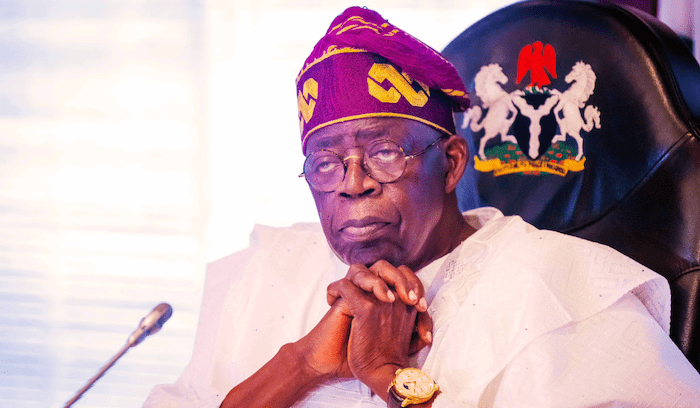
After the Nigeria Labour Congress and the Trade Union Congress walked out of the recent meeting with the Tripartite Committee on Minimum Wage due to the Federal Government’s initial proposal of N48,000 as the minimum wage, it has been revealed by a credible source in Abuja that the government has now increased it to N54,000.
The ongoing meeting has seen this new proposal put forward by the Federal Government. While it remains uncertain if Labour will agree to this updated offer, reports indicate that it is significantly lower than the N615,000 initially suggested by Organised Labour.
Joe Ajaero, the National President of the Nigeria Labour Congress, stood firm on the demand for a minimum wage of N615,000, emphasizing that this figure was carefully calculated based on an assessment of the current economic climate and the requirements of an average Nigerian family comprising six members.
He pointed fingers at both the government and the Organised Private Sector (OPS) for the stalemate in negotiations, attributing it to their uncooperative approach. On the other hand, Mr Adewale-Smatt Oyerinde, speaking on behalf of the OPS as Director-General of the Nigeria Employers Consultative Association, expressed disappointment over the unions’ premature exit from negotiations before they had even begun.
The NECA Director-General urged the union leaders to reconsider and come back to the negotiating table for the sake of their members and the country’s progress.
In response, Ajaero defended their decision to walk away from the negotiations, arguing that the government’s offer of a mere N48,000 as the minimum wage not only disrespects Nigerian workers but also fails to meet their needs.
It is noteworthy that even the lowest-paid private sector employees earn N78,000, as confirmed by the OPS, highlighting a significant disparity between the proposed minimum wage and existing standards.
This emphasizes both employers’ and government’s reluctance to genuinely negotiate a fair national minimum wage for Nigerian workers.
He criticized the government for not supplying data to back up its proposal, claiming that this weakened the trustworthiness of the talks.
Additionally, by not offering any verified data to support their proposal, the government is making the situation worse.
This absence of openness and sincerity undermines the reliability of the negotiation process and weakens trust between the parties engaged in it.
The NLC president emphasized the unions’ unwavering dedication to advocating for the rights and welfare of Nigerian workers.
He urged the government to reassess its stance and engage in negotiations with transparency that acknowledges the significant contributions of Nigerian workers to the country’s progress.
Additionally, he highlighted the pressing socioeconomic challenges faced by both workers and citizens due to Federal Government policies.
On January 30, 2024, President Tinubu authorized Vice President Kashim Shettima to launch the 37-member Tripartite Committee on Minimum Wage.
This committee, comprising representatives from the federal and state governments, private sector, and organized labor, has been tasked with proposing a new national minimum wage before the current N30,000 wage expires on April 18.
Shettima emphasized the importance of prompt resolution and early submission of reports during the committee’s inauguration to facilitate the establishment of a new minimum wage.
To fulfill its duties, a zonal public hearing took place on March 7 in multiple locations including Lagos, Kano, Enugu, Akwa Ibom, Adamawa, and Abuja.
The NLC and TUC representatives from different states put forward different figures for a living wage due to the current economic challenges and high living expenses.
For instance, NLC members in the South-West states proposed N794,000 while the TUC recommended N447,000 for the minimum wage.
During the zonal hearings in Abuja, workers from different regions put forward varying proposals for the new national minimum wage: N709,000 was requested by the North-Central, N850,000 by the South-South, N485,000 by the North-West, and N540,000 by the South-East.
However, organized labor ultimately agreed upon N615,000 as an acceptable living wage.

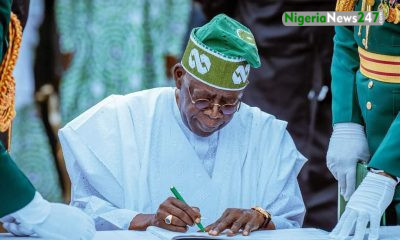

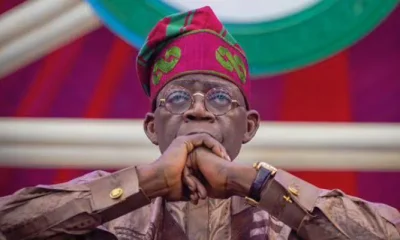



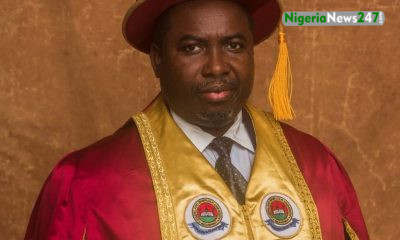

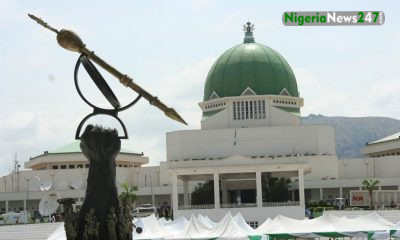

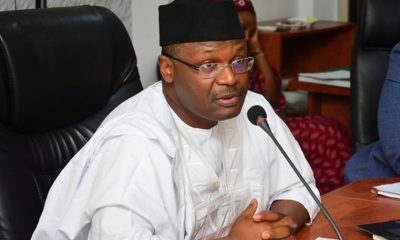








You must be logged in to post a comment Login